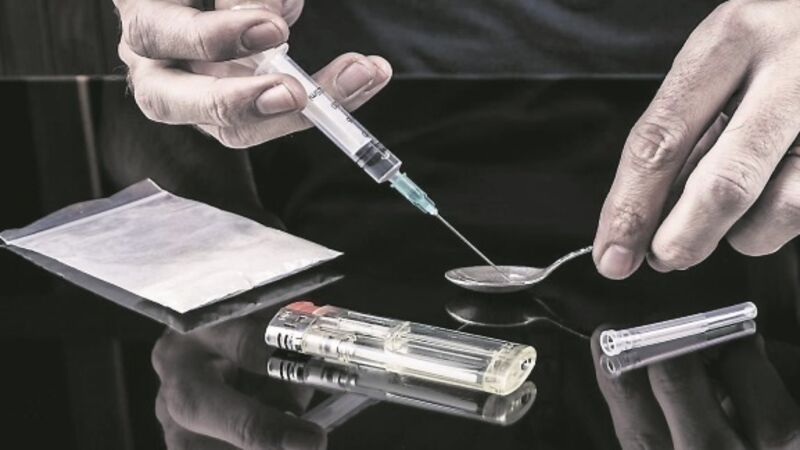Society pays high price for myths surrounding the ‘war on drugs’

HE WAS a legendary GP, back in the day. Nothing he couldn’t do. He could and did deliver babies in an emergency. He sewed up cut heads so elegantly, the scars were minor. He put dislocated limbs back into place. He was a master diagnostician.
He would send patients to consultants with a scribbled note, and multiple tests would reveal his diagnosis was spot on, even if the condition or ailment was rare.















